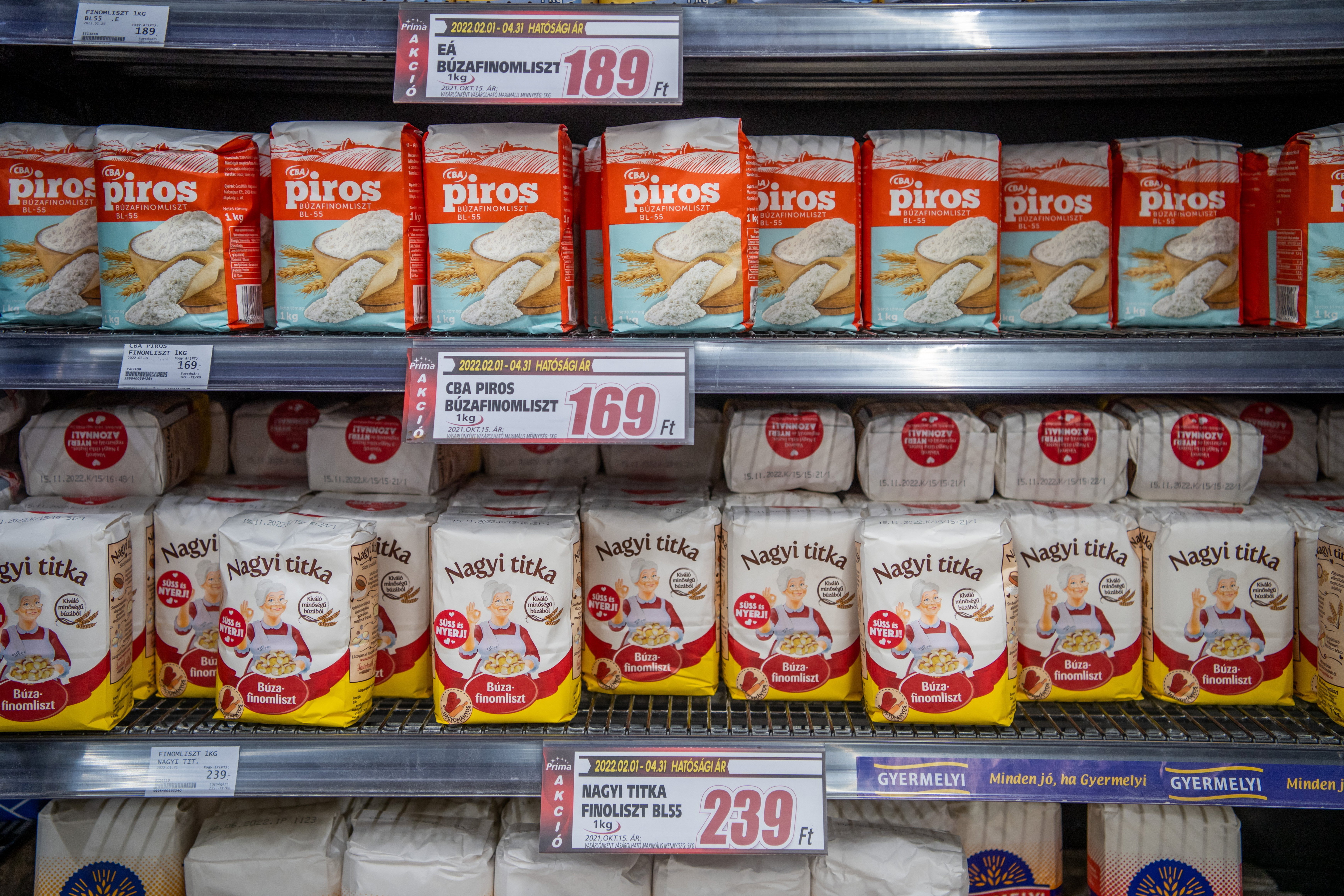
Pro-government analysts welcome the government’s decision to keep prices down as a pragmatic social policy at a time of rapid inflation. Left-wing and liberal commentators see price caps as political tools with few economic benefits.
Hungarian press roundup by budapost.eu
Background information:On Wednesday, the government extended until the end of July the freeze on fuel and basic food prices, introduced to ameliorate the negative impact of soaring inflation. In his regular weekly press conference, Gergely Gulyás, the Minister in charge of the Prime Minister’s office said that without the price caps, the current 8.5 percent inflation rate would be at least 5 percent higher. On Thursday, the government also announced a 3.9 percent pension hike, effective retroactively from January.

Magyar Nemzet’s Gergely Kiss, in an opinion piece published right before the announcement of the price cap decision, welcomes the government’s efforts to help families suffering from growing inflation resulting from the covid lockdowns and the Ukraine war. The pro-government commentator contrasts the government’s policy with the stance of former Socialist-Liberal governments that, according to Kiss, put the interest of multinational companies before the needs of Hungarians.

In Népszava, Péter Németh defines the price cap decision as a political tool that credits the government with the image of strong social sensitivity. The left-wing columnist does not find the decision economically reasonable but thinks that those who criticize the government simply play into its hands, reinforcing its claim that it puts the well-being of Hungarians first.

In Magyar Demokrata, Levente Szikra, an analyst at the pro-government think-tank Center for Fundamental Rights, attributes the government’s success to its pragmatic and undogmatic economic policy. Szikra points out that the government incentivizes free-market capitalism but at the same time, helps people in need through price caps and lavish family subsidies.

Heti Világgazdaság fears that price caps will lay a huge burden on agricultural producers. The left-liberal weekly points out that soaring energy bills and import prices have increased production costs. Citing farming executives, Heti Világgazdaság suggests that unless the government offers help and compensates for rising production costs, agricultural producers may become insolvent and food price caps may cause shortages in the long run.
Featured image via Zoltán Balogh/MTI